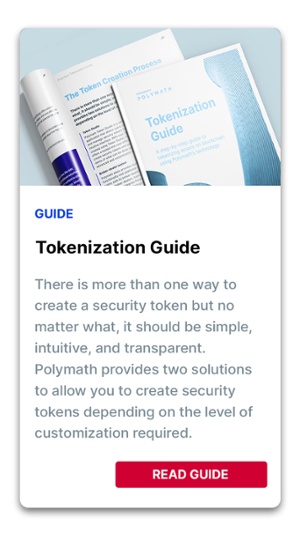When implementing changes in regard to securities, equity, or debt, public companies need to perform corporate actions.
In 2020, 87% of global asset managers, wealth managers, custodians, clearing houses and investment banks were still processing at least some of their corporate actions manually.
A corporate action is a change initiated by a public company (ie. a company with ownership organised by shares of tradable stock) that directly impacts the securities and/or shareholders. Examples include stock splits, coupon payments, mergers and acquisitions, ballots for annual general meetings, and dividend distributions. Traditionally, corporate actions are agreed upon by a company’s board of directors and authorised by its shareholders.
In 2020, 87% of global asset managers, wealth managers, custodians, clearing houses and investment banks were still processing at least some of their corporate actions manually. Yet corporate actions managed through legacy processes are complex and labor-intensive, and can create additional risk or result in costly errors.
Blockchain technology can significantly improve how corporate actions are processed and managed through automation and transparent record keeping. Let’s explore how blockchain can help move corporate actions from the off-chain world to become on-chain processes, using Polymath technology as an example.
Managing Corporate Actions on the Blockchain
 Polymath technology uses the power of the blockchain to simplify the creation and receipt of corporate actions, like distributing dividends to asset owners, addressing rights issues, or executing a stock split.
Polymath technology uses the power of the blockchain to simplify the creation and receipt of corporate actions, like distributing dividends to asset owners, addressing rights issues, or executing a stock split.
Issuers only need to input a few details to create a corporate action. From there, the engine determines entitlements, schedules record dates of their tokenholders (checkpoints) and communications*, distributes capital (if required), and updates records. With all stakeholders working from the same instructions and looking at the same record, the process can move from one stage to the next without manual intervention, ‘broken telephone’ errors are significantly reduced, and issuers and investors get faster access to decision-critical position updates.
When it comes to dividend distribution, Token Studio offers a simple approach enabling dividends to be executed in a no-code manner. Users only need to set the total dividend amount, allocate it to investors, and withhold taxes as required.
Overall, corporate actions on Polymesh reduce time and administrative costs, leading to more effective distributions that can move at the speed of today’s market and open the door to future improvements like tokenholder communications and other types of capital distribution.
Corporate actions on Polymesh reduce time and administrative costs, leading to more effective distributions that can move at the speed of today’s market and open the door to future improvements.
What's Involved in Executing Corporate Actions Using Blockchain Technology
While not all actions taken by the board of an organisation can intersect with the scope of the blockchain, many of them do, and Polymesh can be used to execute them.
The types of actions which can be managed with Polymath technology include:
- Unpredictable benefits: Benefits with variable amounts that are distributed equitably among asset holders and not known when the benefit is defined.
- Predictable benefits: Fixed rate benefits where the amount is established and doesn't change over time.
- Issuer notices: Announcements that the issuer wishes to record on chain for reasons of permanence.
- Reorganisation: Reorganising the shares, such as in mergers and acquisitions or stock splits.
- Other: A generalised type that supports actions that are not addressed directly.
Additionally, Polymesh provides specialised extrinsic pallets that deal directly with the two most common types of corporate actions:
- Capital distributions: A capital distribution allocates funding. Usually, what is allocated for distribution is capital in the form of another asset. In case it is unclear, the predictable and unpredictable benefits corporate actions define who is to receive capital and how their benefits are calculated.
- Corporate ballots: Asset holders are invited to vote on motions.
In this way, Polymesh supports the on-chain execution of corporate actions that address such concerns as capital distributions and voting.
Ultimately, Polymesh can support high-level corporate actions like issuer notices and reorganisation, as well as specific ones, such as ballots and capital distribution. These corporate actions can be in the nature of a predictable benefit (i.e. bond payments) or unpredictable benefit (i.e. dividend payments). The flexible permission system enables execution to be outsourced to service providers instead, if desired, as well as integrated into internal systems.
*feature coming soon.
Download our Tokenization Guide for further details on the steps involved in tokenizing an asset on the blockchain using Polymath’s technology.

